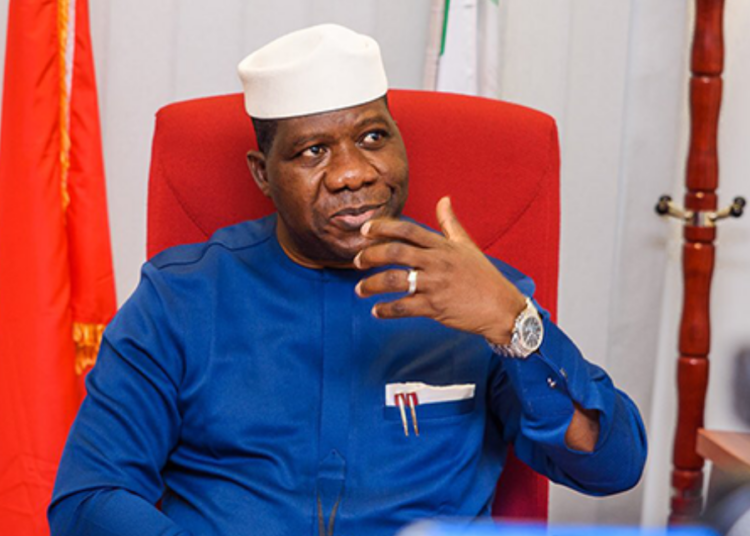The Leader of the Senate, Opeyemi Bamidele, yesterday, said that the National Assembly has passed laws aimed at positioning Nigeria for a $1 trillion economy by 2030.
Senator Bamidele, who represents Ekiti Central, noted that many of these legislative initiatives were already making a difference in the daily lives of the citizenry and collective prosperity of the country.
He stated this during a meeting with a delegation of the United Kingdom Parliament at the National Assembly Complex, Abuja. Led by MP Kate Osamor of Edmonton & Winchmore Hill, the delegation comprised the following:
Members of parliament for Dumfriesshire, Clydesdale & Tweeddale, David Mundell; member of parliament for Westminster North, Dame Karen Buck; member, House of Lords, Lord Jonathan Oates; member of parliament for Worthing West, Dr. Beccy Cooper, and member of parliament for Plymouth Moor View, Fred Thomas, among others.
Bamidele explained that the National Assembly would continue to play pivotal roles in building a resilient economy and functional political system, which guarantees the security of the citizenry.
His words: “Since the birth of the 10th Senate about two years ago, I have been discharging the duties of my office with modest records of accomplishment.
One of such accomplishments is the timely passage of key legislations, particularly in the areas of fiscal reform and national security “By engaging my colleagues across all political divides, we have successfully passed laws aimed at creating an environment for economic competitiveness and positioning Nigeria for a $1 trillion economy by 2030. I am proud to say that many of these legislative initiatives are already making a difference in the daily lives of our citizens.
“As we look towards the future, we remain deeply committed to strengthening Nigeria’s democratic institutions and ensuring that the National Assembly continues to play its pivotal role in building a resilient economy and a functional political system that guarantees the security of all.”
The Senate leader added that NASS was building synergy with different parliamentary associations and institutions across the world, to address dearth of institutional capacity.














